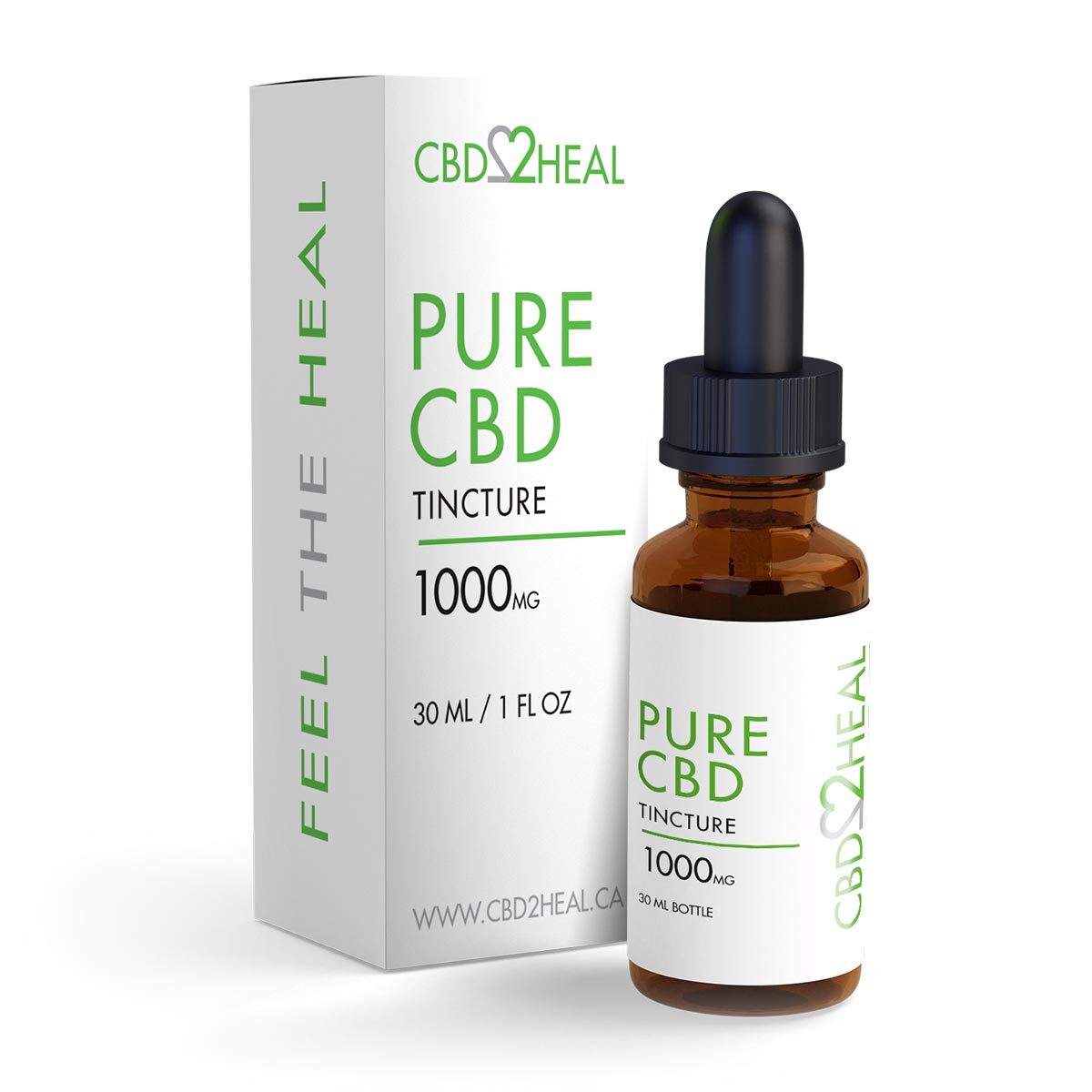Introduction:
In current a long time, the landscape of veterinary drugs has been undergoing a important transformation, with the integration of option therapies garnering escalating focus. Amid these alternatives, Cannabidiol (CBD) oil has emerged as a promising contender for addressing several health and fitness issues in pets. Canada, acknowledged for its progressive stance on hashish legalization, has also seen a surge in desire with regards to the use of CBD oil in veterinary methods. In this short article, we delve into the world of CBD oil in veterinary medication, checking out its probable benefits, security criteria, and current regulatory framework in Canada.
Understanding CBD Oil:
CBD, one of the a lot of cannabinoids found in the hashish plant, is non-psychoactive and renowned for its therapeutic properties. CBD oil is extracted from hemp, a selection of cannabis with low stages of tetrahydrocannabinol (THC), the psychoactive component dependable for the “substantial” affiliated with marijuana. Unlike THC, CBD interacts with the endocannabinoid method in mammals, which include puppies and cats, to advertise homeostasis and relieve many illnesses.
Potential Rewards for Animals:
The therapeutic prospective of CBD oil for pets spans a wide spectrum of problems, ranging from chronic pain and inflammation to stress and seizure ailments. Various anecdotal reviews and preliminary studies propose that CBD may give aid for pets suffering from arthritis, epilepsy, separation anxiety, and even most cancers-related indications. In addition, its purported anti-inflammatory and anti-nausea attributes make it an eye-catching alternative for running gastrointestinal challenges and chemotherapy-induced side results in animals.
Basic safety Concerns:
Although CBD oil retains assure as a pure solution for animals, ensuring its protection and efficacy is paramount. Pet proprietors ought to physical exercise warning and talk to with a veterinarian ahead of administering CBD to their furry companions. Good dosing, top quality control, and merchandise transparency are essential elements to think about, as the current market is inundated with a plethora of CBD items varying in potency and purity. On top of that, opportunity drug interactions and adverse effects, although unusual, need to not be disregarded, emphasizing the value of informed selection-making and expert guidance.
Regulatory Landscape in Canada:
In Canada, the legalization of cannabis for both equally health care and recreational use has paved the way for the authorized sale and usage of CBD goods, which includes CBD oil. On the other hand, the regulatory framework bordering CBD in veterinary medication remains somewhat nascent. Wellbeing Canada, the regulatory authority liable for overseeing hashish solutions, has nevertheless to approve CBD especially for veterinary use. As find this , veterinarians are constrained in their potential to prescribe or endorse CBD oil for animals, navigating a authorized grey place that underscores the need to have for further exploration and regulatory clarity.
Navigating the Legal and Moral Dimensions:
The evolving authorized landscape bordering CBD oil in veterinary medicine raises important questions pertaining to expert ethics, legal responsibility, and individual care. Veterinarians are tasked with balancing their determination to animal welfare with adherence to regulatory constraints and skilled benchmarks. Whilst some practitioners may possibly choose to investigate CBD as a complementary therapy inside of the confines of present polices, many others may undertake a much more careful strategy, awaiting clearer advice from regulatory bodies. However, the demand for alternative treatment options continues to improve, prompting ongoing dialogue and collaboration in the veterinary community and further than.
Upcoming Instructions:
As fascination in CBD oil for animals carries on to attain momentum, concerted efforts are underway to develop our knowledge of its therapeutic opportunity and basic safety profile. Medical trials and exploration initiatives aimed at elucidating the pharmacokinetics, efficacy, and optimum dosing of CBD in animals are critical for advancing proof-based mostly veterinary medication. Furthermore, interdisciplinary collaboration among veterinarians, scientists, and regulatory agencies is vital for shaping coverage frameworks that prioritize animal welfare while making certain public security and compliance.
Summary:
The emergence of CBD oil as a possible adjunctive remedy in veterinary medication features a glimmer of hope for pet owners in search of all-natural alternate options to typical treatment options. When the regulatory landscape in Canada poses worries, ongoing exploration and advocacy initiatives maintain guarantee for fostering a far more inclusive and informed tactic to pet health care. As we continue to navigate the intersection of science, coverage, and compassion, the journey in direction of unlocking the entire prospective of CBD oil for animals in Canada is equally exhilarating and transformative.